QR codes became popular during the COVID-19 pandemic as a “touchless” solution for accessing information.
They remain common in restaurants and bars today. Patrons often scan QR codes to view menus.
Despite their widespread use, many people are unaware of the history and meaning behind QR codes.
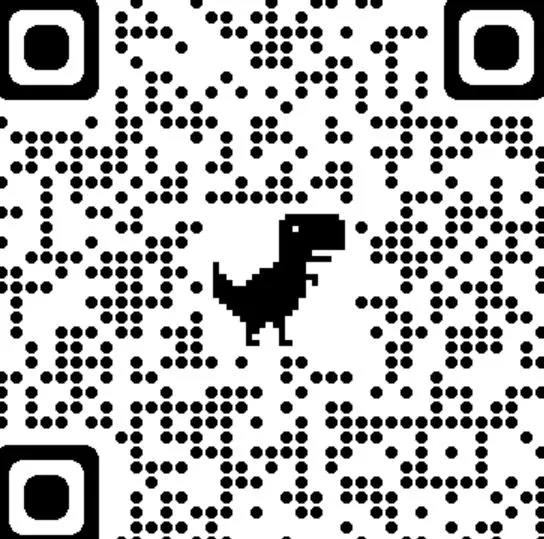
Many people discuss the meaning of QR codes on social media
When dining at a restaurant that used a QR code for the menu, we realized that we almost lacked knowledge of what QR stood for
A Reddit user’s question about the meaning of QR codes revealed that others were also unaware, sparking a debate on social media.
A user question:” What is this qr code stand for?”
In the comment section, many people gave their answers based on what they knew, while others admitted that they didn’t know.
One person said: It’s basically a physical digital link that you use your phone cameras QR setting to “click” on. QR means quick response. They’ve been around a long time now. I’m kinda confused as to all the current noise about them
A second wrote: Quantum Reality. Each QR code holds an entire universe-sized simulation.
While a third commented: many people don’t realize that it stands for “Q-anon Rules”
Another added: Quite Right…
Someone else said: QR for little Caesar’s. Print your own pizza out of cardboard
QR stands for “Quick Response.”
Developed in 1994 by Masahiro Hara and his team at DENSO, a Japanese company specializing in barcode technology.
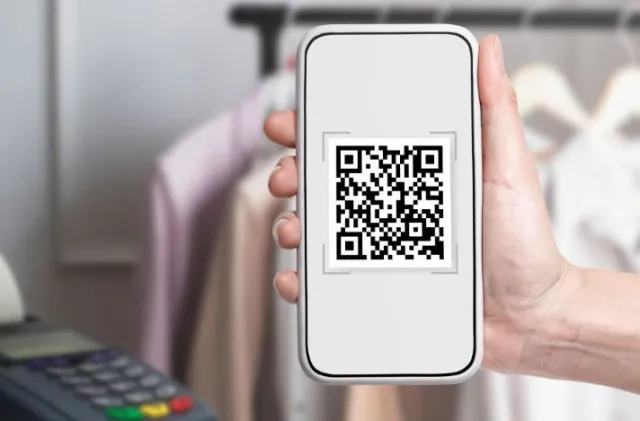
QR codes were designed to address limitations in traditional barcodes. Barcodes could only store about 20 characters, which became inefficient as car manufacturers’ inventories grew.
The Inspiration behind QR Codes
Masahiro Hara, then a chief engineer at DENSO, found inspiration for the QR code while observing the strategic game Go.
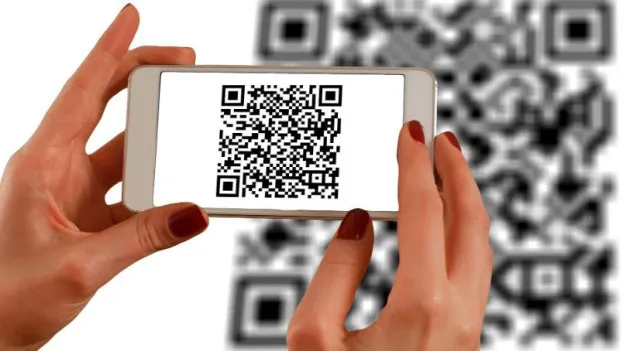
He noted the grid-like arrangement of the game’s board. He realized it could be used to encode a substantial amount of information simultaneously.
This insight led to the development of QR codes, which are capable of storing much more data than barcodes.
The versatility and impact of QR codes
Initially successful in automotive manufacturing, QR codes soon found applications beyond their original intent.
They have been used in various fields, including financial transactions. Additionally, they played a role in public health tracking during the COVID-19 pandemic.
Hara expressed his satisfaction with the unexpected ways QR codes have contributed to improving safety and efficiency.
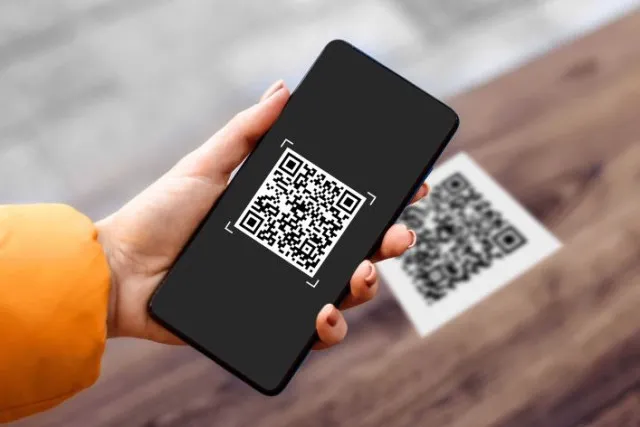
A standard QR code can store up to 7,089 numeric characters or 4,296 alphanumeric characters. It can also hold 2,953 binary bytes or 1,817 kanji characters.
This capacity makes QR codes far superior to barcodes in terms of data storage.
Additionally, QR codes remain readable even if partially damaged or obscured, adding to their practical utility.
Future developments: QR code 2.0
Hara is working on an advanced version of the QR code, referred to as QR Code 2.0.
Announced at Ahmedabad Design Week 4.0 in January 2023, the new QR code iteration will feature color. It may also have a rectangular shape instead of the current square design.
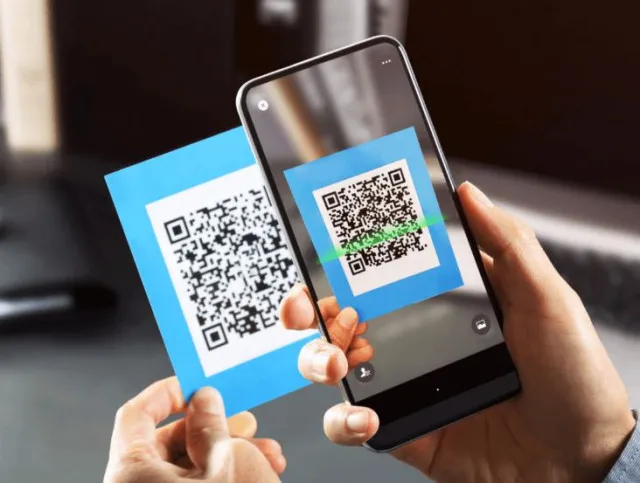
The new QR code aims to offer even greater data storage capacity compared to its predecessor.
In summary, QR code have evolved from a solution for automotive logistics to a versatile tool used in various industries.
As technology advances, innovations like QR Code 2.0 promise to enhance their functionality even further.